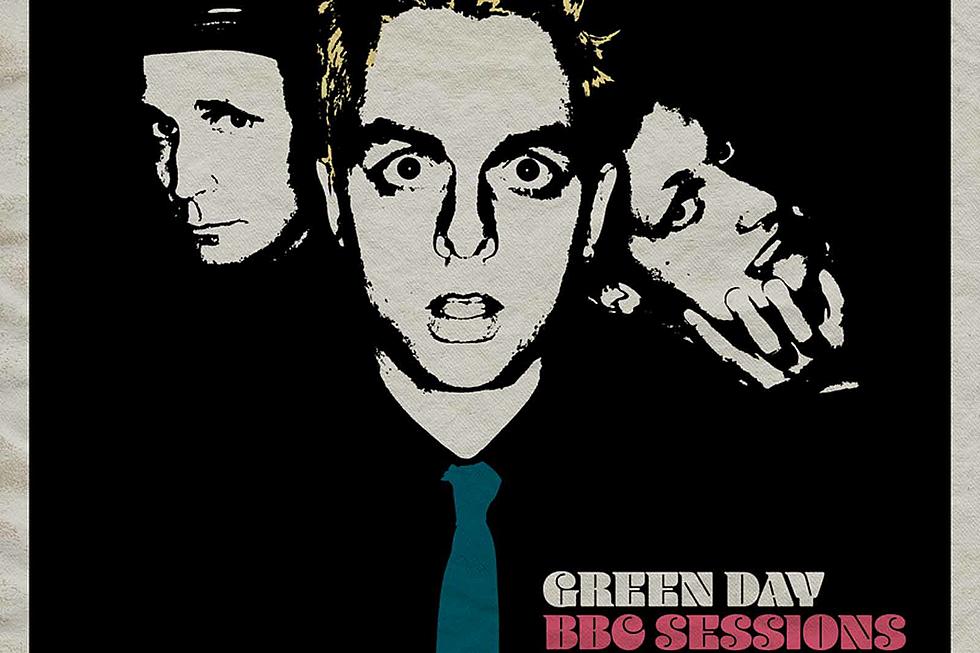
Green Day, ‘BBC Sessions': Album Review
BBC support for Green Day seemed a no-brainer back in the '90s. The trio certainly counted a wealth of British punk music among its source materials and influences, and the group's brand of Bay Area snot was familiar in the land that gave us Sex Pistols, the Damned, Buzzcocks and so much more.
And so it was that Billie Joe Armstrong, Mike Dirnt and Tre Cool journeyed across the pond to play live on air, and 16 of those performances between 1994-2001 at the BBC's legendary Maida Vale Studios are preserved on The BBC Sessions. They are, like so many other BBC recordings, a bit odd. Without an audience, the songs sound more like raw rehearsals, missing the give-and-take energy that's so crucial to Green Day's concerts. But there's also an unmistakable immediacy, a dry and in-your-face sound that makes it feel like you're in the room with a band that's playing to impress, audience or not. It's an intimate way to get your face blown off, in other words.
The BBC Sessions begins on June 8, 1994, as Dookie was putting Green Day on the worldwide musical map. The group rips through tight renditions of "She," "When I Come Around," "Basket Case" and "2000 Light Years" - and if "Longview" seems like an odd exclusion, rest assured that Armstrong does drop an F-bomb into "Nice Guys Finish Last" during a return visit four years later.
Other highlights include a pairing of "Brain Stew" and "Jaded" from 1996, an energetic "Hitchin' a Ride" from 1998 and an urgent "Castaway" from 2001 that captures a bit of loose studio banter among the band members. The latter session - which also includes "Church on Sunday," "Minority" and "Waiting" - showcases the expanded Green Day live lineup, with horns adding some additional dynamic presence.
The BBC Sessions isn't likely to replace Bullet in a Bible or Awesome as Fuck as the go-to Green Day live album in your collection, but it's a welcome adjunct and a study in how consistently strong and exciting the group has been while handling changes - both subtle and dramatic - in its sound. "Is that all right?" Armstrong asks after the album closes with "Waiting." The answer is most definitely affirmative.
Top 100 '90s Rock Albums
More From 102.9 WBLM








